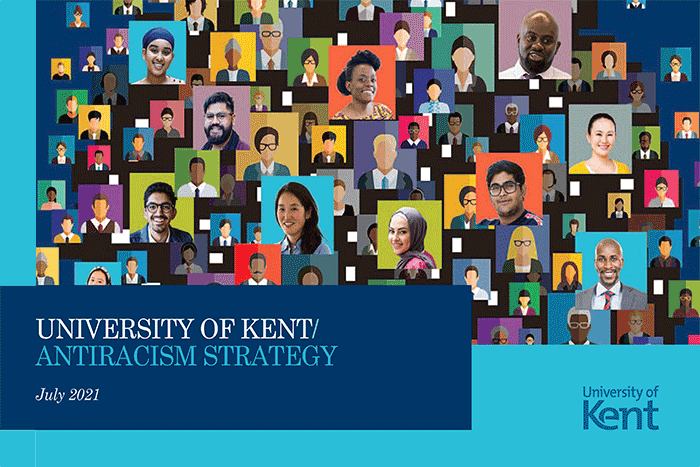Global Hangouts are fun, informal events that are open to all Kent students. They are a great way to meet other students from across our community. Please feel welcome to come along and to share this information with fellow students.
We will be hosting a number of Global WebHangouts this term to celebrate various UK and international festivals. This term this includes Halloween, Thanksgiving, Diwali, Hanukkah and Christmas celebrations.
Later in the year we will also hold Hangouts to celebrate New Year, Spring Festival, Holi, Easter and Eid. If you would like to get involved in running a WebHangout to celebrate a festival or cultural event from your culture, that isn’t mentioned in this email, please fill in the form.
Global WebHangouts this term
- Halloween Global WebHangout, Wednesday 27 October – fancy dress is welcome!
- Diwali Global WebHangout, Tuesday 2 November – with special guest speaker, Professor Nitin Arora from Amity University in Noida, India
- Thanksgiving Global WebHangout, Tuesday 9 November
- Hannukah Global WebHangout, Thursday 2 December
- Christmas Global WebHangout, Wednesday 8 December – fancy dress encouraged!
Autumn Term Global Hangout (Face-to-face)
Join us for tea and cake at the Colyer Fergusson Foyer (next to the Gulbenkian Cafe) on Tuesday 23 November from 13.00-14.30 for the Autumn Term Global Hangout.
Meet new people at Kent and enjoy good conversation from Dr Anthony Manning, Dean for Internationalisation, staff and fellow students. Our Kent Global Student Ambassadors will also be there and we can help with any questions you may have too.
We look forward to seeing you there!











